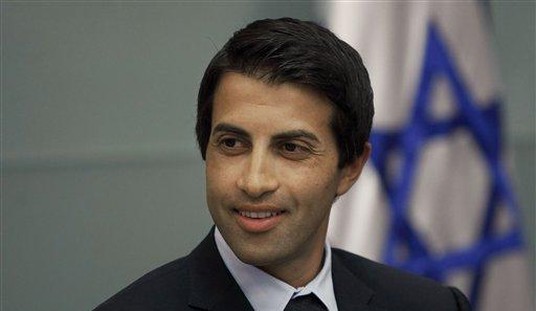In a true testament to Christian charity, an Iraqi girl believed to be 12 years old asked her mother to forgive the members of the Islamic State (ISIS) who burned her alive. The militants reportedly set their home ablaze after the mother agreed to pay a religious tax but asked for a few seconds until her daughter was out of the shower.
The girl escaped the house, along with her mother, but not before she had received serious fatal burns. Dying four hours later, she used her last words to plea for her murderers.
Muslim conquerors have demanded the payment of a special tax called the Jizya from Jews and Christians living under their control. These ISIS thugs were conducting routine door-to-door threats when they came upon the woman and her daughter.
Jacqueline Isaac, an Egyptian-American human rights advocate, told the story to Britain’s Express newspaper. “The ISIS foreign fighters were at her door and they told her ‘you have two choices, you are to leave now or you are to pay the Jaziya,'” Isaac reported. “She said ‘I will pay, give me a few seconds my daughter is in the shower.'”
“They said ‘you don’t have a few seconds’ and they lit the house with a torch from the bathroom the daughter was showering in.” Isaac explained that both escaped the house, but “the daughter had fourth degree burns and the mother took her daughter, scrambling, doing anything to save her.”
Although she rushed to the hospital, “her daughter died in her arms. The last thing her daughter said: ‘Forgive them.'”
This horrifying, yet deeply moving story reveals the hard truth of what it means to be a disciple of Jesus Christ. In Matthew 5:44, Jesus commanded his disciples to “love your enemies and pray for those who persecute you.” In Luke 6:27-28, he said, “Love your enemies, do good to those who hate you, bless those who curse you, pray for those who mistreat you.”
Next Page: Islam verses Christianity — how scriptures tell us to treat non-believers.
If anything could be considered persecution, paying the Jizya is. The Quran orders Muslims to take the religious tax in order to make non-Muslims “feel subdued.” In Sura 9, verse 29, the book states, “Fight those among the People of the Book [Christians and Jews] who do not believe in Allah nor the Last Day, nor forbid what Allah and his Messenger have forbidden, nor embrace the religion of truth, until they pay the jizya with willing submission and feel themselves subdued(emphasis added).”
In a hadith (one of the traditions of the Prophet Mohammed), the founder of Islam instructs his followers: “If they refuse to accept Islam, demand from them the jizya. If they agree to pay, accept it from them and hold off your hands. If they refuse to pay jizya, seek Allah’s help and fight them.”
Many Muslims reject this tradition, and pursue a version of Islam that embraces religious freedom and a pluralistic culture. Leaders like Zuhdi Jasser set the standard for a version of Islam which stands for free debate, democracy, and the rule of law. These Muslims are our brothers, but we should not fool ourselves into thinking that all followers of Islam pursue this better path. Clearly, ISIS does the exact opposite, believing that they are the true Muslims.
In contrast, Jesus tells Christians to forgive their enemies. This doctrine is partially meant to remind Christians that we ourselves are sinners, enemies of God and in need of His grace. In the Lord’s Prayer, Jesus taught his disciples to pray, “Forgive us our sins, as we forgive those who sin against us.” God loved us when we were his enemies, sending Jesus to die on the cross for those who hated and disobeyed Him.
If He could love and forgive us when we were his enemies, we should do our best to love and forgive those who abuse us, no matter how horrible. This is why this little girl’s dying wish was so important — it teaches us what forgiving our enemies looks like and how inspiring it can be.
This does not mean we condone acts of terrorism or refuse to fight against evils such as ISIS. It does mean, however, that Christians ought to pray for those who persecute us, hope that they come to a saving faith in Jesus Christ, and welcome those who repent of their sins. This is a very difficult calling, but if God Himself can do it, we can at least give it a shot.









Join the conversation as a VIP Member